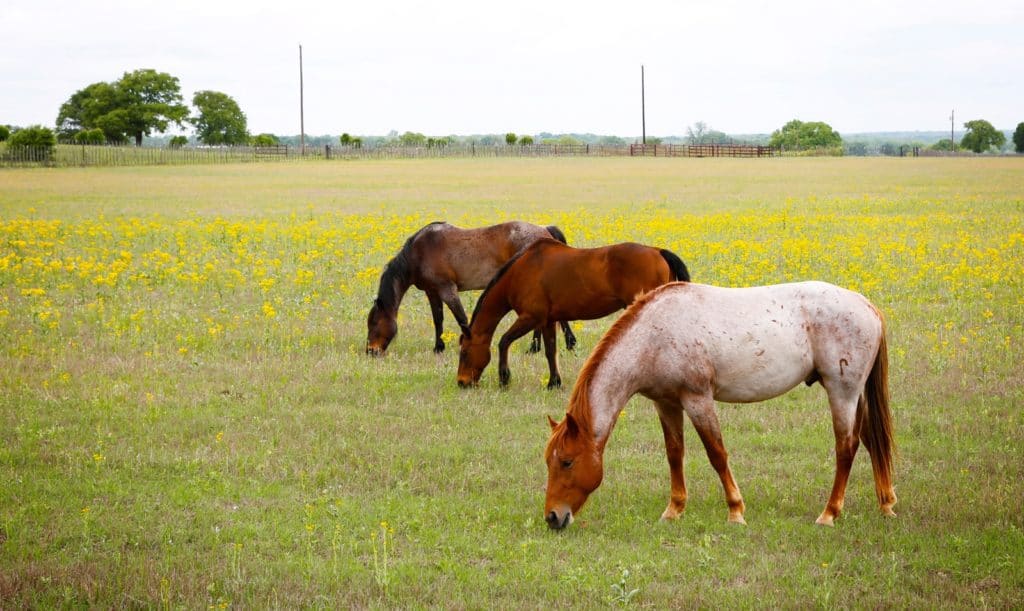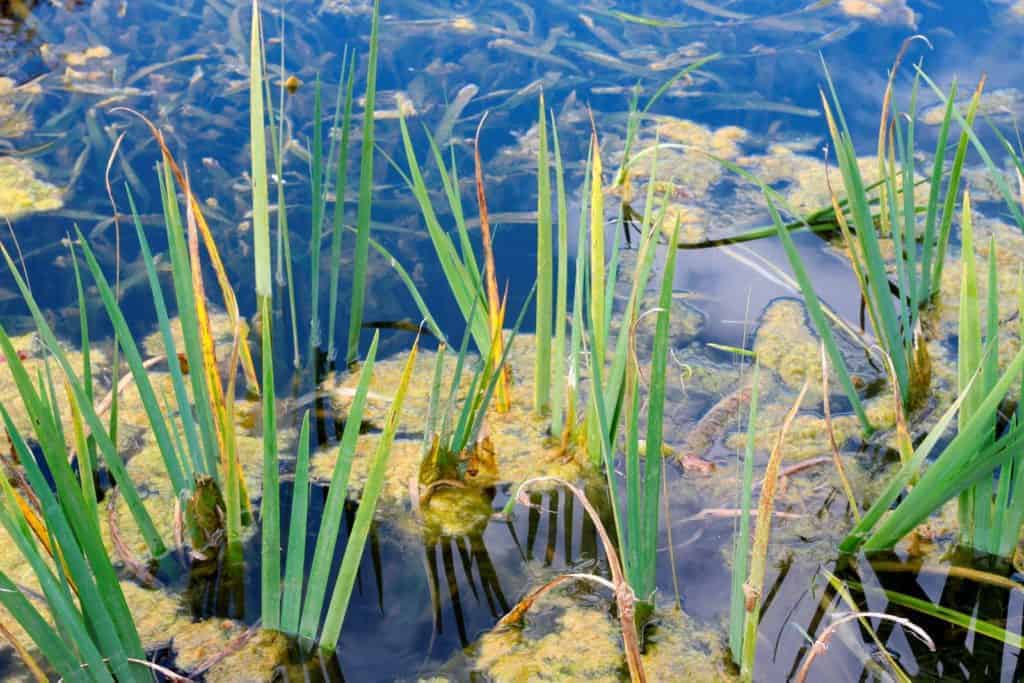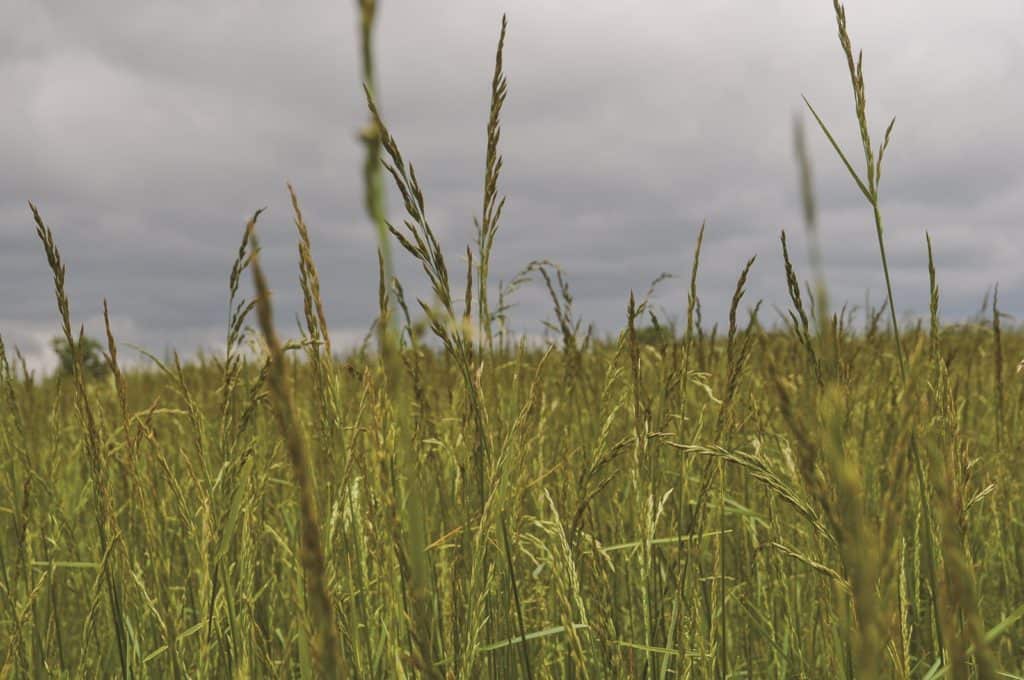
Protect Horses From Toxic Marsh Mallow Weed
Researchers believe the Malva parviflora weed was behind the deaths of four Australian horses.

Researchers believe the Malva parviflora weed was behind the deaths of four Australian horses.

Ensure your pastures are clear of plants that can be toxic to horses.

An extract from blue-green algae—a potentially toxic substance—could help arthritic horses without poisoning them.
Researchers identified a plausible link between equine atypical myopathy and sycamore maple seed ingestion.

Too much dietary selenium can cause toxicity or even death. But too little selenium can be life-threatening, as well.

Blue-green algae can produce toxins that cause health problems and even death in animals, including horses.

Together the groups have studied fescue toxicosis, equine gut health, and other horse health and management aspects.
Two horse owners allege that feed manufacturer ADM knowingly sold and distributed horse-feed tainted with monensin.
Tim Phillips, PhD, developed a new tall fescue variety that is nontoxic to grazing animals, including horses.

If ingested, the leaves and seeds on trees of this genus can cause hemolytic anemia and death in horses.

Be sure new hay is dry and free of dust and mold, and always introduce it to horses’ diets slowly.

Johnsongrass is a drought-tolerant weed that can cause nerve and fetal damage in horses.

Rye straw can contain ergot alkaloids, which can be poisonous to livestock, including horses. Here’s what to watch for.
The lawsuit seeks damages for owners whose horses ingested feed allegedly tainted with monensin.

Some types of fescue infected with common endophyte strains could become more toxic when temperatures increase.

The UKVDL’s new sample handling procedures appear to allow for more accurate ergovaline testing results.
Stay on top of the most recent Horse Health news with
"*" indicates required fields